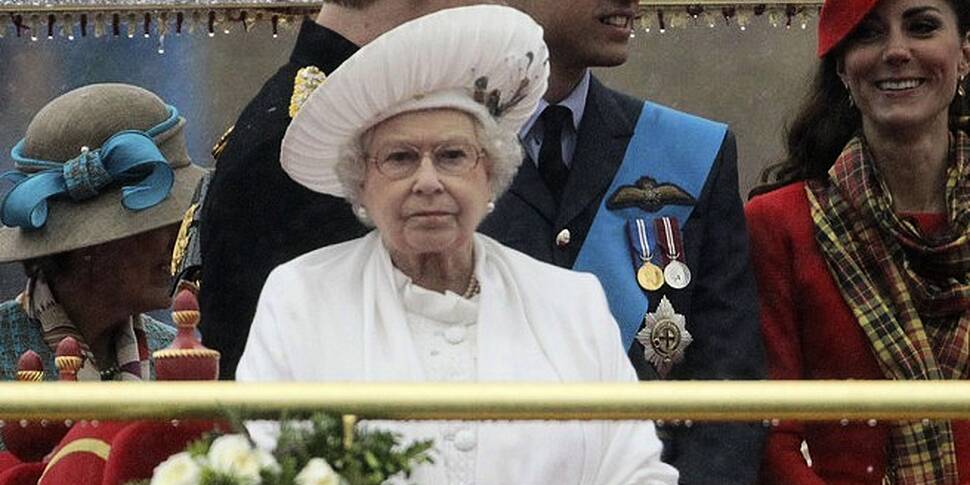The British monarchy could be in danger of becoming irrelevant by 2030, according to a historian.
Dr Anna Whitelock, a historian in London, has cautioned that support for the monarchy is driven by public interest in the Queen out of respect for Elizabeth II's long reign. This in turn indicates that support for the institution itself is comparably less than that and may not be sustainable in a modern society.
She said that once the Queen is no longer on the throne, the monarchy is likely to face challenges, that it has never encountered before.
Her comments come in advance of the Queen's 90th birthday.
"All of those questions about 'What the hell do we want this kind of unelected family (for)? What does that represent in Britain today?', all these profound questions have been held in check because of the Queen.''
The largest ever display of The Queen's wardrobe opens on 21 April: https://t.co/qGxTmrSmDc #Queenat90 #loveMW pic.twitter.com/GlLDhOAMEC
— BritishMonarchy (@BritishMonarchy) April 3, 2016
"I think there'll be a discussion and a debate in a way that there hasn't before," she said.
"As the older generation who are generally more wedded to the monarchy die out, the question of the future of the monarchy will become even more pressing, and then potentially more critical voices will come to the fore," said Dr Whitelock.
"I would say by 2030 there will be definite louder clamours for the eradication of the monarchy. I can't say that there won't be a monarchy. I would definitely say that the monarchy - its purpose, what it's about, will be questioned and challenged in a way that it hasn't been before.
"I don't think it's out of the question that the monarchy would be potentially be on its last legs."
Support for the monarchy has fluctuated somewhat in modern times. It stood at 69% after the Queen's ''annus horribilis'' in 1993. This figure dipped to 65% during the Prince of Wales's wedding to the Dutchess of Cornwall, before soaring to 80% in 2012 for the celebrations of the Diamond Jubilee.









